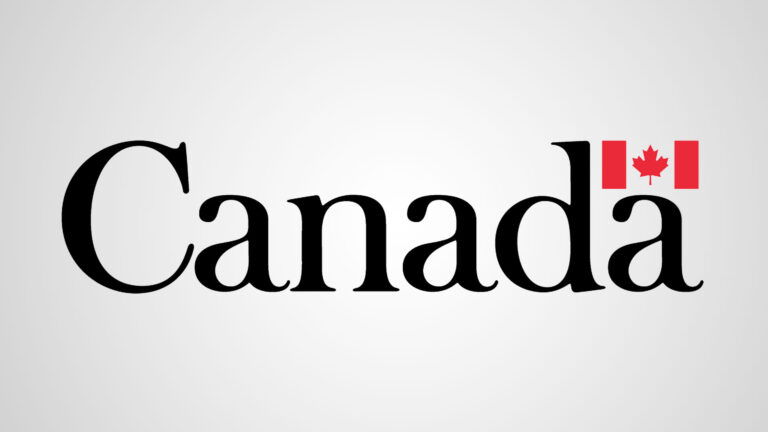A recent announcement from the United States to allow drugs to be more easily imported from Canada is an opportunity to refamiliarize yourself with a pharmacist’s role and responsibilities to establish a professional relationship with all patients and requirements when providing services at a distance through mail order.
Canadian law does not allow Canadian pharmacies to fill prescriptions issued by practitioners licensed outside of Canada. When assessing any prescription, pharmacists have a responsibility to ensure that prescribers are licensed practitioners in good standing within a Canadian jurisdiction before considering the appropriateness of the drug and then processing and dispensing any prescription written by them.
The College of Physicians and Surgeons of Alberta (CPSA), and other Canadian physician regulators, require their registrants to create professional relationships with patients, through which appropriate examination can occur prior to treating. Physicians registered with CPSA are authorized to prescribe only when practising in Alberta.
For Alberta pharmacists and pharmacies, in order to offer pharmacy services at a distance, a mail order license is required. The licensee of a mail order pharmacy must establish policies and procedures on how information is collected to assess individual patients and obtain all the information necessary to allow their regulated pharmacy team members to meet the requirements of the Standards of Practice for Pharmacists and Pharmacy Technicians. A key component of these policies and procedures is to demonstrate how all necessary information will be collected and assessed for those patients residing outside of Alberta, and whose health information is not maintained on the provincial electronic health record (Netcare).
A licensee of a mail order pharmacy must also establish and monitor compliance with policies and procedures and keep appropriate records of activities related to the provision of mail order pharmacy services.
Pharmacists and pharmacy technicians cannot waive any of the above responsibilities, regardless of a patient’s wishes.
Alberta College of Pharmacy (ACP) guidelines have clearly indicated the position of medical regulatory authorities since 2002, and ACP has warned that entering into relationships with practitioners licensed outside of Canada with the purpose of filling prescriptions may constitute unprofessional conduct by a pharmacist (or pharmacy technician). From 2006 to present, seven cases involving mail order pharmacies (sometimes referred to as “internet pharmacies”) have gone before a Hearing Tribunal. Those cases resulted in fines, reprimands, and cancellation of practice permits.
Since April 2007, pharmacists’ current scope of practice and standards have been in place, but the lessons are the same:
- Pharmacies cannot fill prescriptions counter-signed by a physician who could not have attended and/or physically examined the patients in question.
- Pharmacies cannot receive payment in exchange for prescriptions being directed to a pharmacy.
- Pharmacists must conduct a proper assessment, and they must form a professional relationship with the patient before any drug is dispensed.
“Within Canada, technology and a lack of access to pharmacy services have been two important drivers in the emergence of the distance delivery of care by pharmacy professionals,” said ACP Deputy Registrar Jeff Whissell
He says as these services, which generally focus on meeting the needs of Albertans, have emerged, ACP has sought to understand them, and the needs of the individuals being served.
“With this in mind, ACP is in the process of developing Standards for the Distance Delivery of Care which will undergo consultation late this year or early next year,” explained Whissell.
In addition to the ethical and professional responsibilities of pharmacists, another consideration is Canada’s medication supply.
The Canadian Pharmacists Association (CPhA) believes that Canadians’ access to their medications could be disrupted if the US imports drugs from Canada. The CPhA released a survey in July indicating that drug shortages have increased in Canada in the last three to five years. CPhA is calling on the federal government to clearly express its opposition to U.S. drug importation and immediately develop an action plan to respond to these proposals, including restricting exportation of drugs from Canada to the US.
NAPRA has sent correspondence, on behalf of all provincial and territorial pharmacy regulatory authorities, to Health Canada outlining how patient safety could be compromised. It also urges policy makers to reject this proposal and focus on meaningful, long-term reforms.




